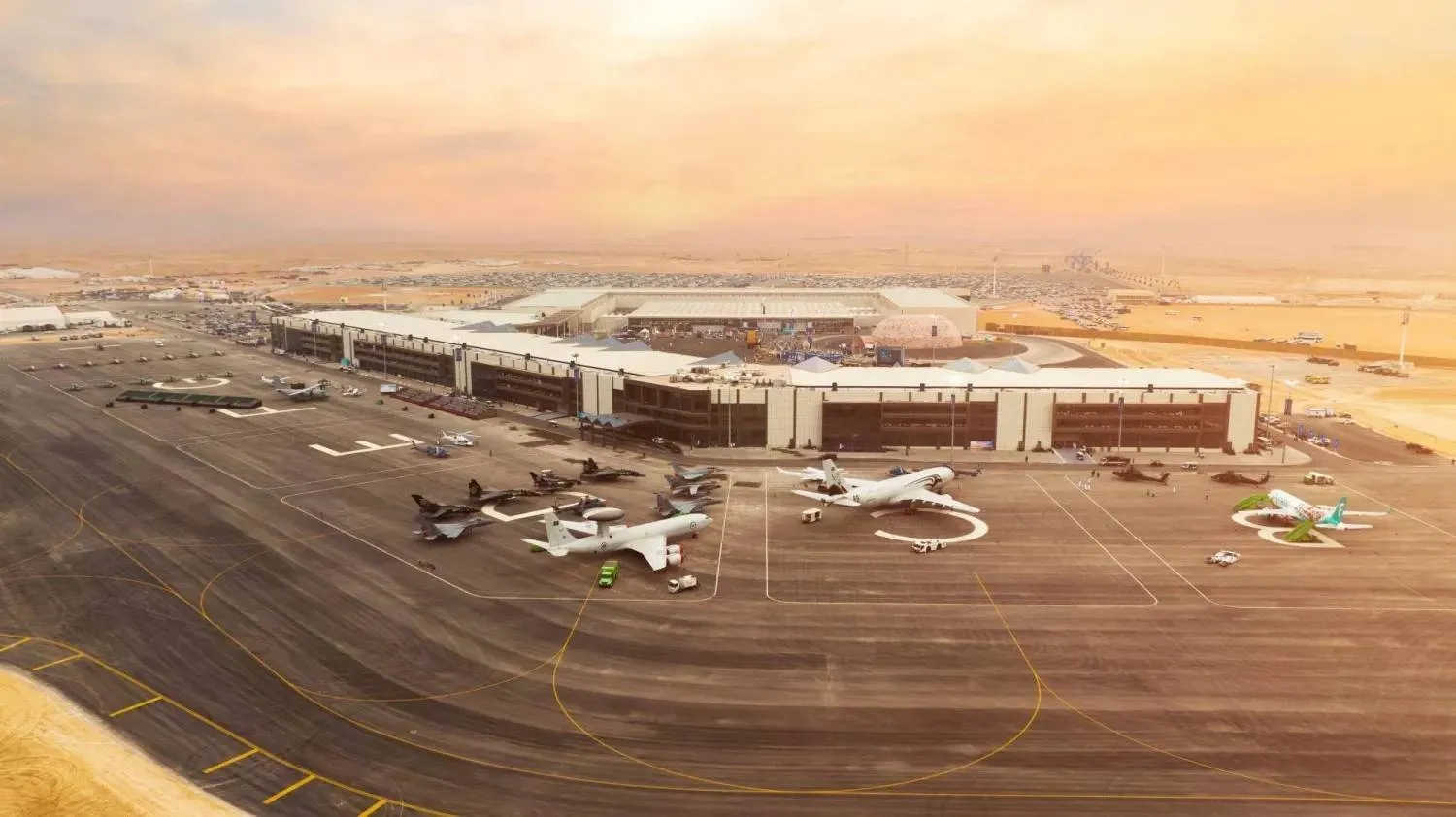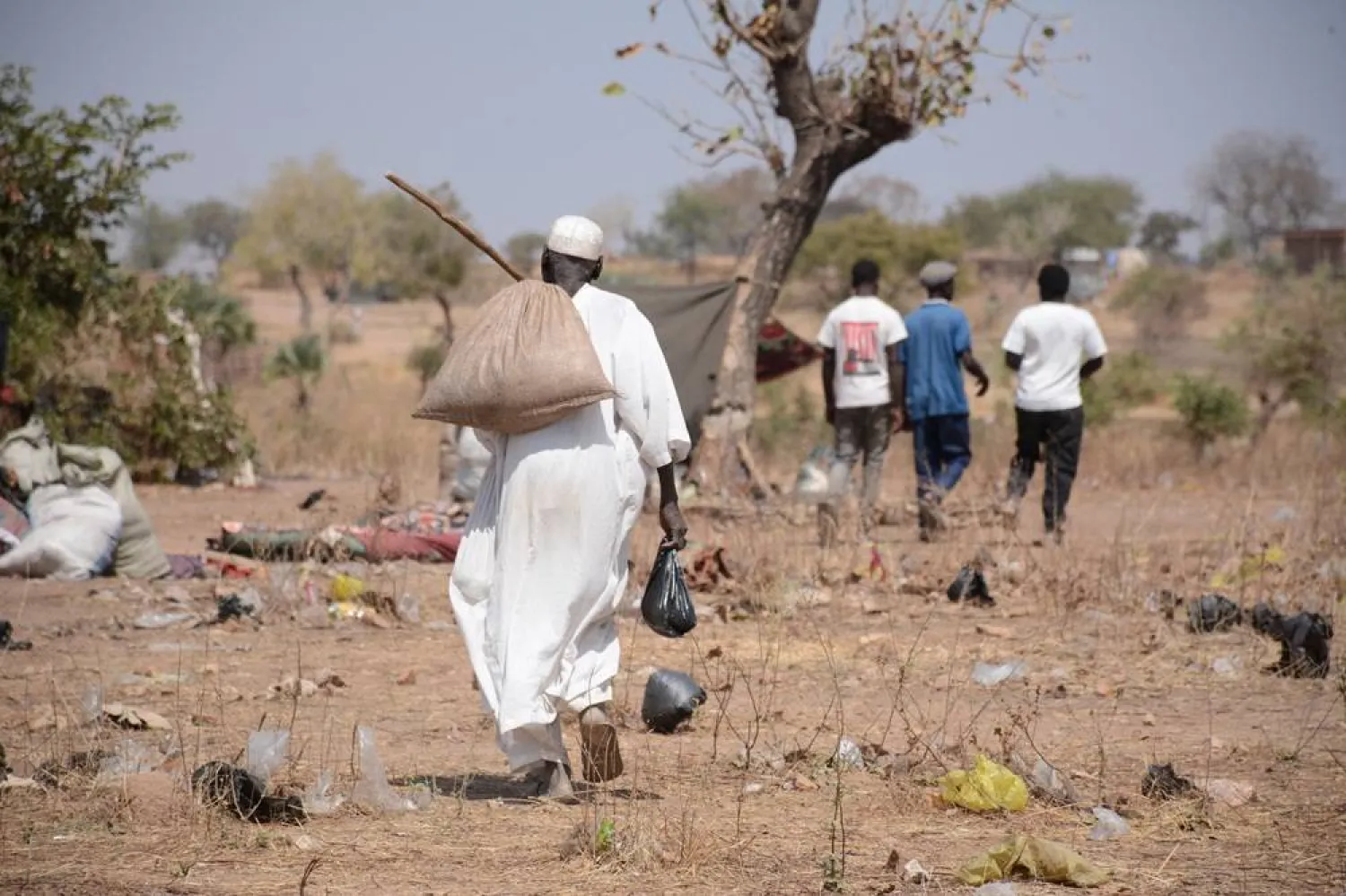Bahrain’s Industry, Commerce and Tourism Minister Zayed bin Rashid al-Zayani said the kingdom is ready to welcome Saudi tourists and visitors once the King Fahd Causeway re-opens later this month.
The bridge, which links Saudi Arabia to Bahrain, was closed on March 7, 2020 as part of the precautionary measures taken by Saudi Arabia to curb the spread of the coronavirus.
The Bahrain Tourism and Exhibition Authority (BTEA) launched a social media campaign earlier this year to boost communication, promote Manama as a preferred tourist destination and highlight the various tourism activities organized amid strict health protocols due to the pandemic.
In remarks to Asharq Al-Awsat, Zayani pointed to the great interaction among social media users, especially Saudis, who constitute the vast majority of visitors.
The 25 km-long King Fahd Causeway links the Saudi eastern coast to Bahrain’s western coast.
Zayani stressed the Causeway will be reopened after comprehensive improvements and maintenance operations are made.
Over 382 million travelers, or an average of 74,000 per day, crossed the bridge since its inauguration in 1986 and until January 2019, he added.
Moreover, he hailed the development in the Saudi tourism sector in accordance with the Kingdom’s Vision 2030, noting that his country is working to implement a similar ambitious national program.
“The two visions will transform the region into a global tourism hub within a few years,” he stated.
Furthermore, the minister pointed to the agreement between the two brotherly countries to establish the King Hamad Causeway that will connect Riyadh to Manama and that will help maximize tourism and economic gains.
Bahrain is moving forward in its plans to revitalize its tourism sector by relying on its geographical location, infrastructure and transportation and advanced communications network, he remarked.









